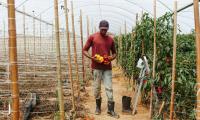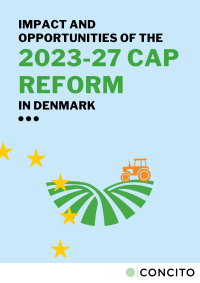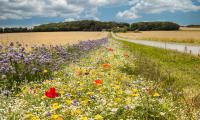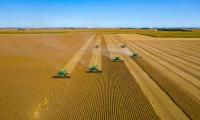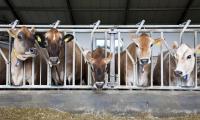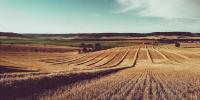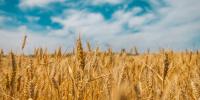Simone Højte
Project Manager, Food and consumption
Simone is the project lead for CONCITO's international project 'Towards a Sustainable Food System in the EU’ and has broad expertise in issues about the environmental and sustainability aspects of the food system and its regulation. This includes knowledge about climate change, biodiversity, sustainable farming practices and related topics. In addition, Simone has a good understanding of EU legislation and political processes, especially for the agricultural sector.
Simone holds a bachelor's degree in geography and a master's degree in climate change from the University of Copenhagen.

